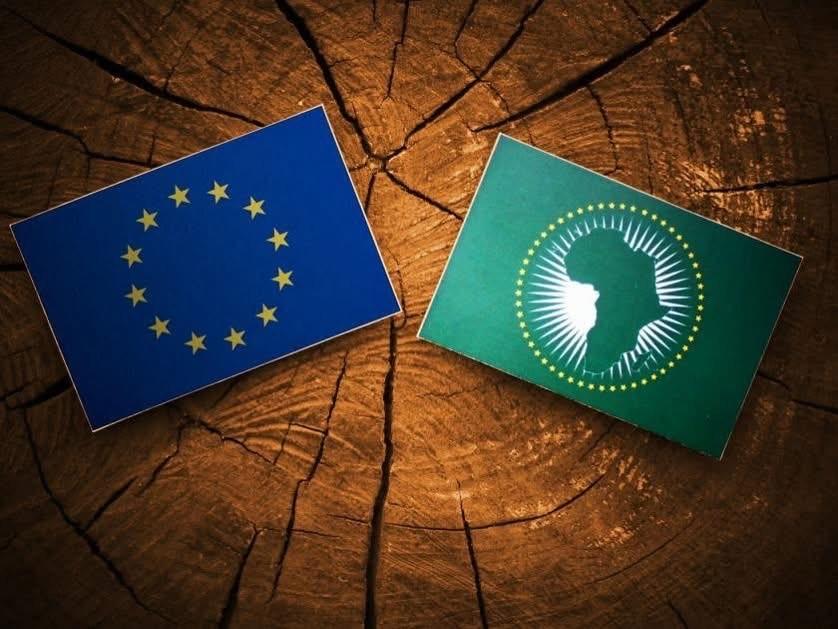
Italy and the European Union have announced €1.2 billion in new investments across Africa,aimed at boosting infrastructure,digital connectivity,and climate-resilient agriculture,though many question the true motives behind the ambitious investment plan.
The deals,co-led by Italian Prime Minister Giorgia Meloni and European Commission President Ursula von der Leyen,form part of Meloni’s “Mattei Plan,” which pledges €4 billion in Italian funding over seven years. It aligns with the EU’s €300 billion Global Gateway strategy to counter growing Chinese and Russian influence on the continent.
Projects include expanding the Lobito Corridor railway and the Blue Raman undersea cable. Meloni also introduced a sweeping debt relief initiative,targeting some of the world’s poorest nations. Yet,despite grand ambitions,critics,and most notably African civil society groups,remain skeptical of the initiative’s motives and long-term impact.
Critics argue the plan serves Italian strategic interests more than African development. Seeing it as an old logic dressed in new branding,Simone Ogno of NGO ReCommon highlighted that the plan serves to benefit the interests of “large companies in the Italian fossil fuel industry.” The NGO coalition Don’t Gas Africa,which represents over 80 African organizations,condemned the plan as “neo-colonial” and exclusionary,citing poor consultation and fossil fuel prioritization over renewables. While leaders hailed the effort as a ‘turning point,’ African Union officials cautioned against broken promises. Africa “cannot rely solely on promises that are often broken,” warned AU Commission Chair Moussa Faki. For many,true partnership remains a distant goal.
United News - unews.co.za